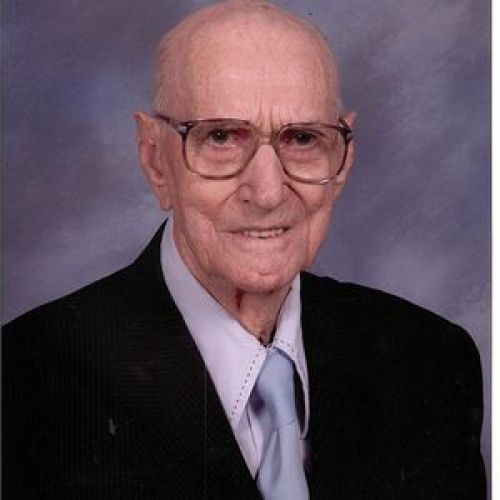
Willie W. Bonvillain
November 20, 2013
Patterson still alive after hard-fought victory
November 27, 2013This week we provide a detailed account of a Schriever pilot’s search for the final resting place of his Confederate great-great-grandfather, who fell at Gettysburg on July 2, 1863.
It was the first time in a while that I had required help from members of the Sons of Confederate Veterans, an organization that has undergone a lot of troubles during the past decade or so, but which remains firm to its primary purpose, which is honoring those who served and aiding their descendants in their search for information.
When I was growing up in New York my knowledge of the Civil War was limited to what is known by most young Yankees.
The north freed the slaves because the south lost. The north was the good guys, the south was the bad guys. And that’s about it.
It was not until living and working in Louisiana and also Mississippi that my knowledge base broadened. I came to meet men and women like Erik Himmel of Schriever who have a thirst for knowledge of those who came before them. Some, like Erik, have been able to fill in the holes.
My involvement over the years with many stories not related to the war, but with the fight for civil rights denied the descendants of slaves might make me in the eyes of some a poor candidate for Confederate compassion.
But working on stories like this one brought a lot of truths back into focus.
Reading family histories, examining letters of soldiers preserved for more than a century, I have come to appreciate that for many from the tri-parish region who took up arms in 1861 and after, slavery was not the real issue.
For some, yes. Higher-ranking officers, for example, came from slave-holding families in many instances and had a vested interest in preserving the institution from an economic point of view.
But many others, I have come to learn, were far more concerned with the protection of their non-slave employing homesteads from advancing troops they saw as invaders. The concept of state sovereignty is much more cherished here than where I grew up. Then comes the security of the neighborhood and of one’s home.
Subsequent to the war there were a number of ugly displays here locally – particularly in Thibodaux – of ill feelings against members of a newly freed black populace. While not excusing such behavior by any means, I am now nonetheless able to draw distinctions between those who engaged in vicious racist actions and monologue from the soldiers who left children and wives behind to tramp through hell, in places they would not have visited otherwise.
They lived as animals while covering hundreds of miles, a thousand miles even. Something more than attachment to the “peculiar institution” had to drive them. In summation I might hazard a guess that to say the average Confederate infantryman was fighting for slavery is kind of like saying our current veterans from the war in Iraq were fighting for oil.
They were in each case fighting to protect their homes, in most cases. And in each case, on the battlefield, they sought to protect each other and to stay alive.
As I researched this week’s story on Erik Himmel’s great-great grandfather, I saw many photographs of the carnage at Gettysburg, most of which was cleaned up by the time the Great Emancipator spoke his famous words there. And the one truth that made itself clear to me when done was a lingering sadness. The boys in blue and those in gray were equally dead.
And I found myself mouthing a prayer that in the future, just yet, war and the pain that it brings for whatever reason might still become a mere relic of human existence.







